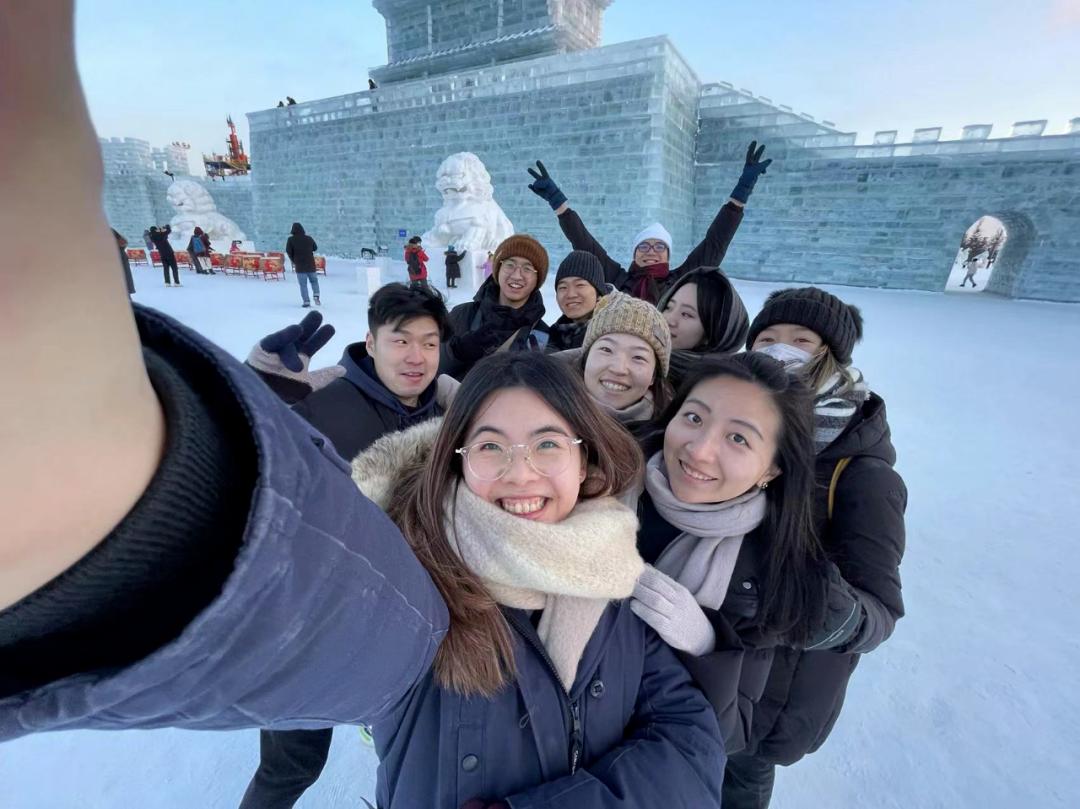Hi! I am Tokuyu Ko from Japan.
To say that writing my China story is tantamount to writing my life story is not an exaggeration at all. I am a Japanese citizen born in Kanagawa (a prefecture next to Tokyo), while, as some people might guess from my name, I am a second-generation Chinese immigrant or so-called “Huaren 华人”. My father is from Beijing, and my mother is from Fujian. I was born and raised in Japan, but also used to live in Beijing with my grandparents and cousin from age 4 to 8 since my parents wanted me to be able to speak Chinese. In my four years living in Beijing, I fully adapted to the Chinese educational and societal environment. In this sense, it feels as though my fate, caught between Japan and China, was already preordained at this age.
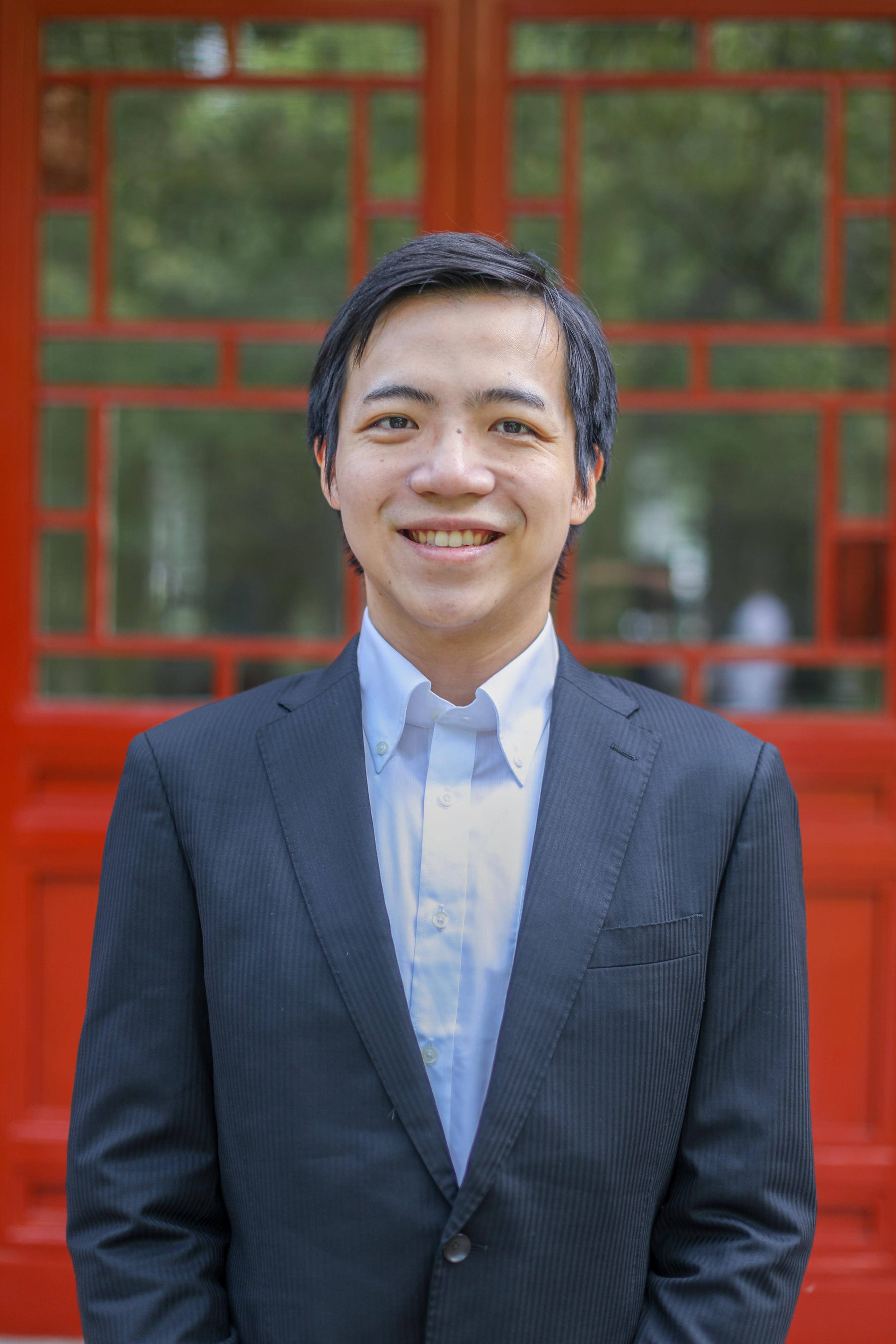
After entering college, I have attempted to face squarely with my identity problem and gain an in-depth insight on it. One of the most notable activities I had was Jing Forum (京论坛/京論壇), a student conference run by students of PKU and the University of Tokyo, which holds a two-week discussion activity (1 week in Beijing, another in Tokyo) every year in 3 sections. Through the activities in Jing Forum, I was really fascinated by the beauty and atmosphere of Peking University, and for sure the pictures of PKU I had in my mind pushed me when I decided to accept the offer from YCA. In the culture diversity section which I belonged to, I could discuss various topics with PKU and UTokyo students: how ethnic minorities are treated in China and Japan, how people with different cultural backgrounds can co-exist, and, most importantly, the life story of each other including those from minority backgrounds. I was surprised by how various perspectives people have towards their identity and learned that anyone can preserve their own cultural background even in a society with strong peer pressure. Gradually, I came to a belief: anyone has the inalienable right to have their own identity regardless of how other people see him/her. Whatever other people tell you how a person in this country should behave or think, you can be yourself (of course as long as you don’t violate other people’s rights). 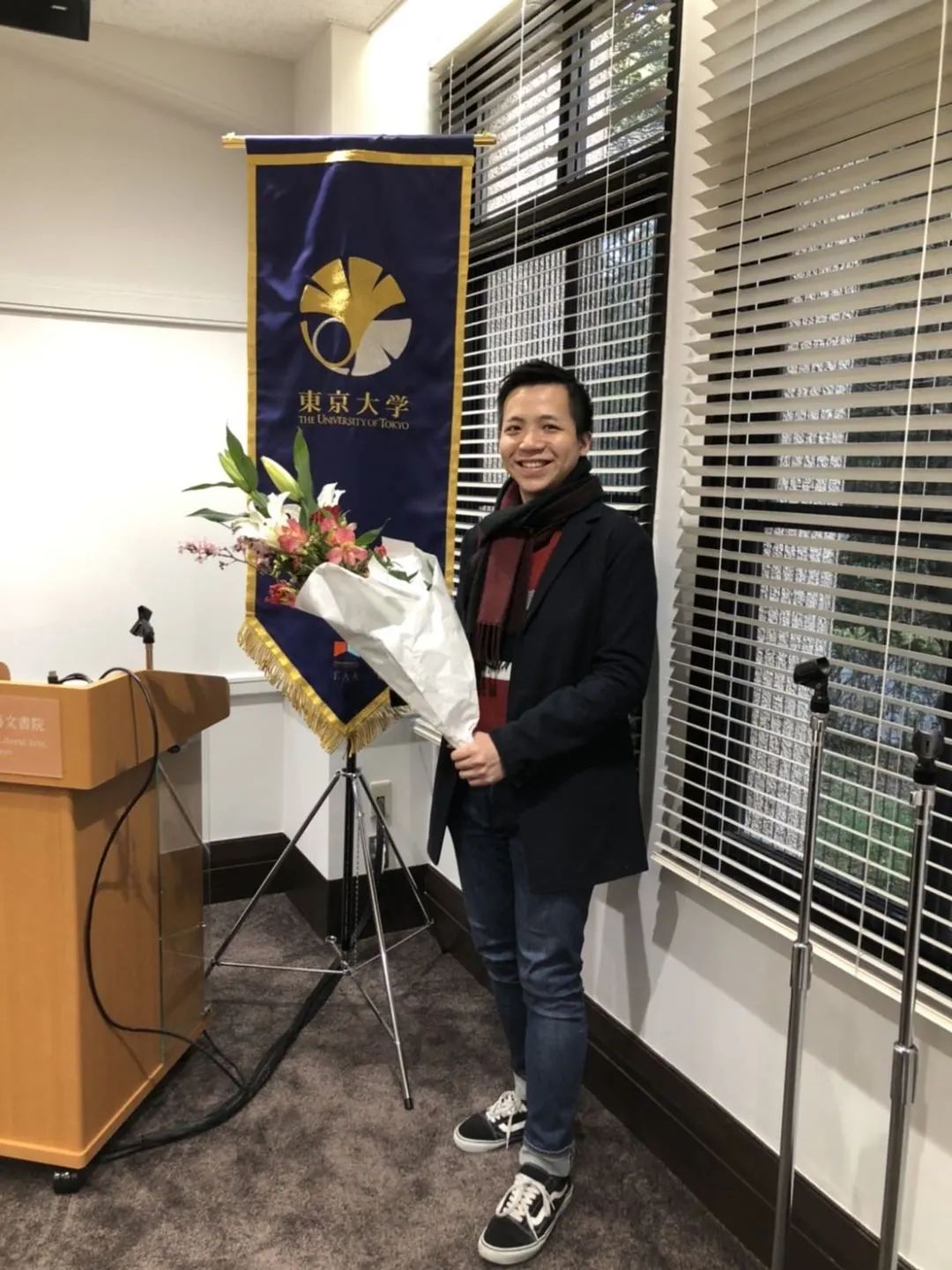
I still remember clearly the excitement I felt on the first day when I arrived in Beijing. Despite my previous residential experience in Beijing, this city has changed a lot. The days at YCA are full of fascination and inspiration. Meeting with friends from diverse countries and gaining more and more knowledge about various cultures, I truly feel that Yenching Academy is a place connecting China and the world. In every city I travelled to in China, I was much mesmerised by both traditional and modern sceneries of China, especially the grandeur of night views of big cities.
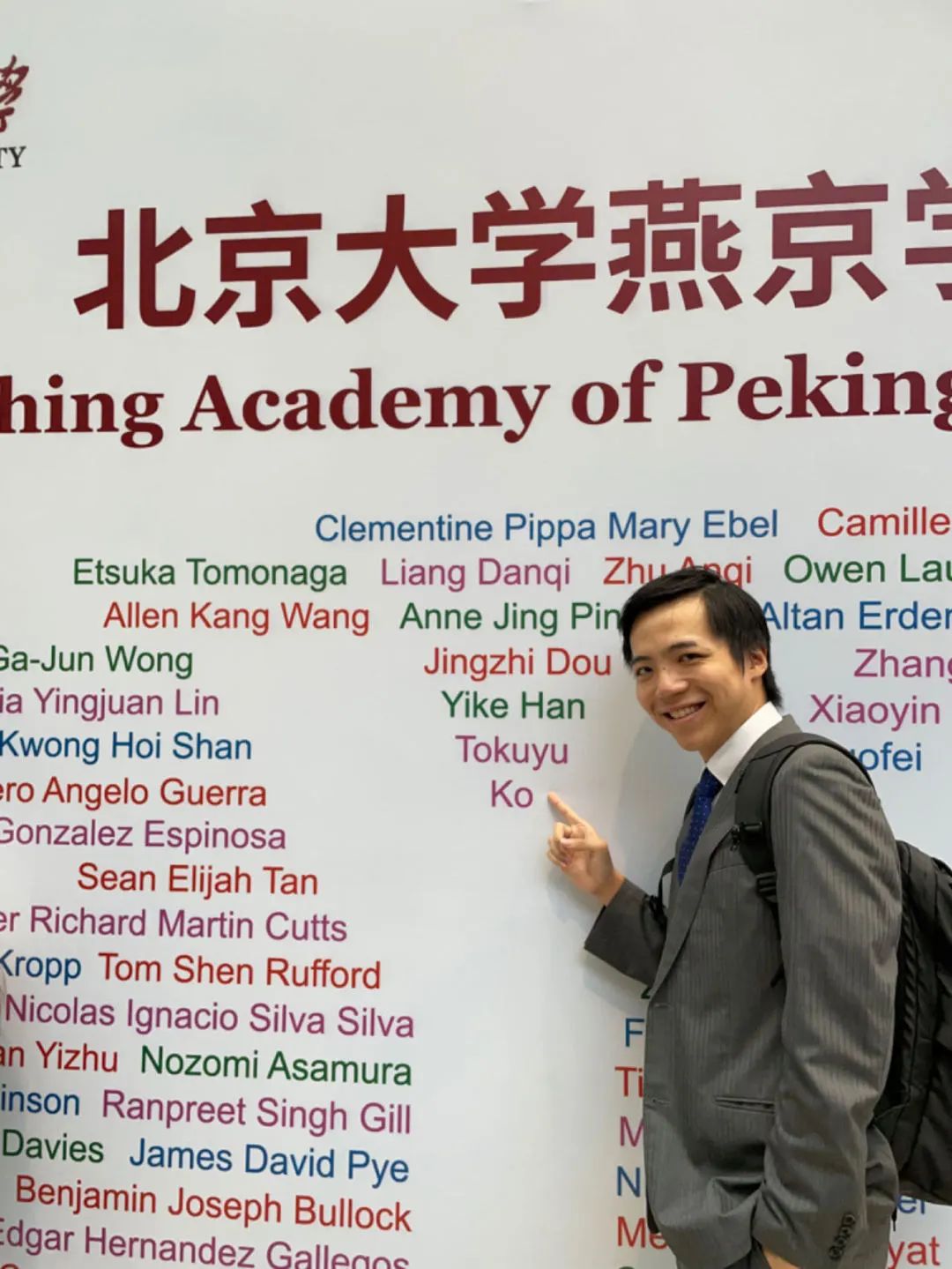
Learning in YCA is also fulfilling. I would like to pick two classes here: one is the History of the Field in the fall semester and the other is Selected Readings from the Confucian Classics in the spring semester. In the former class, we learn the history of China studies or sinology in many countries and the contexts that influenced them. One of the biggest learnings I gained through this class is that no academic study, especially social sciences and humanities, can avoid being influenced by political and cultural backgrounds at that time, and thus being reflective on the context you are in cannot be more crucial. Selected Readings from the Confucian Classics in the spring semester, where we read many Confucian texts including the Analects, Mencius, and Xunzi, to mainly explore the notion of Li 礼 (which can be translated as ritual or propriety in English), was conducted in Chinese; this class not only gives me a better grasp of the Confucian notion Li, but also its implications to our contemporary life. Throughout this class, the Professor tries to tell us Li, a concept that may sound out-of-date to most people nowadays, still matters and concerns the fundamental order of our daily life and society.
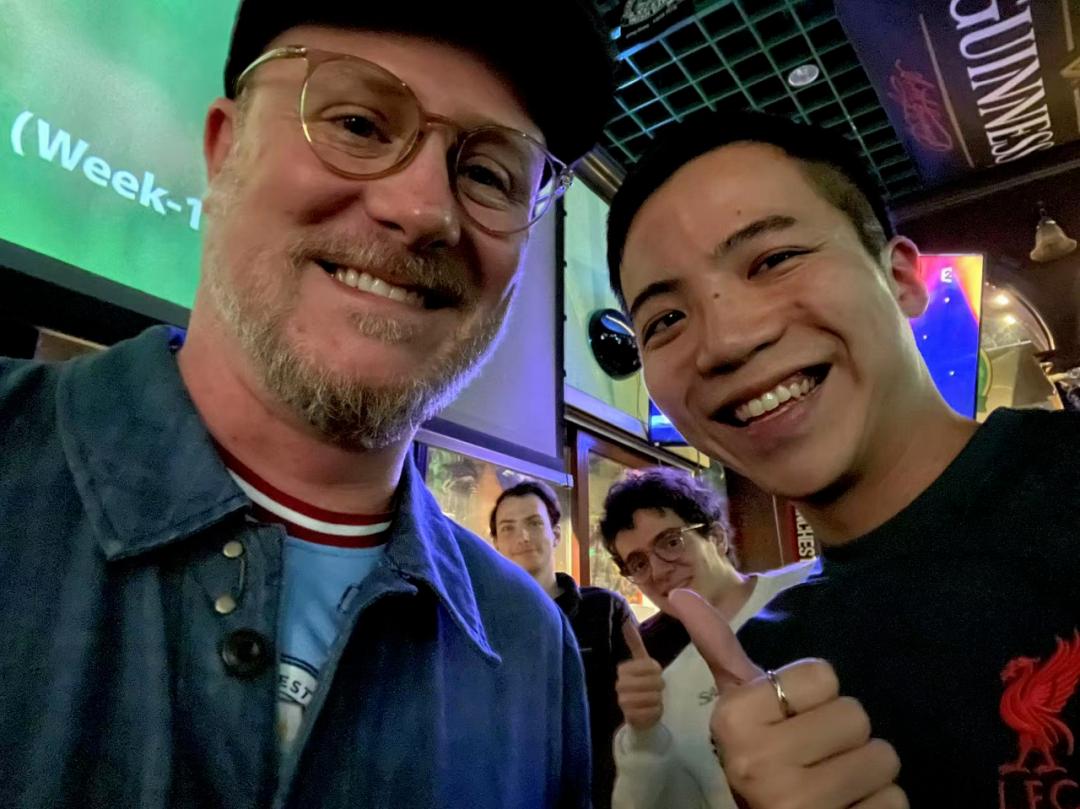
Learning I had with my advisor Prof Roger T. Ames, a renowned scholar of Chinese philosophy, is also something I have to mention. Prof Ames always tells his students to understand Chinese thought or philosophy from its own context, not adopting seemingly plausible concepts. His conception of seeing humans as “Human Becoming,” instead of human being, is one of the most profound inspirations he gives me not only to my studying but to my introspections to myself and life; what he means by this concept is that any person is constantly in mutual-changes caused by their actions in their relationships with others. Seeing humans not as fixed but constantly transforming entities certainly equips me with a new way of seeing the world.

Interactions with my fellow cohorts undoubtedly have been the biggest source of my learning and growth. Hanging out with them not only gives me fun time but also, in many occasions, thought-provoking and in-depth dialogues about politics, cultures, societies, and life. Learning about different cultural perspectives is undeniably valuable, but even more profound is understanding each other's lives and gaining insight into someone's personal, intrinsic inner world. For example, I often talk about identity with other overseas Chinese who were raised abroad like me. Many of them have encountered discrimination and prejudice both in the country they grew up in and in China as me. However, seeing how they still try to accept their complex backgrounds and move forward with their own struggles has been a profound source of courage for me.
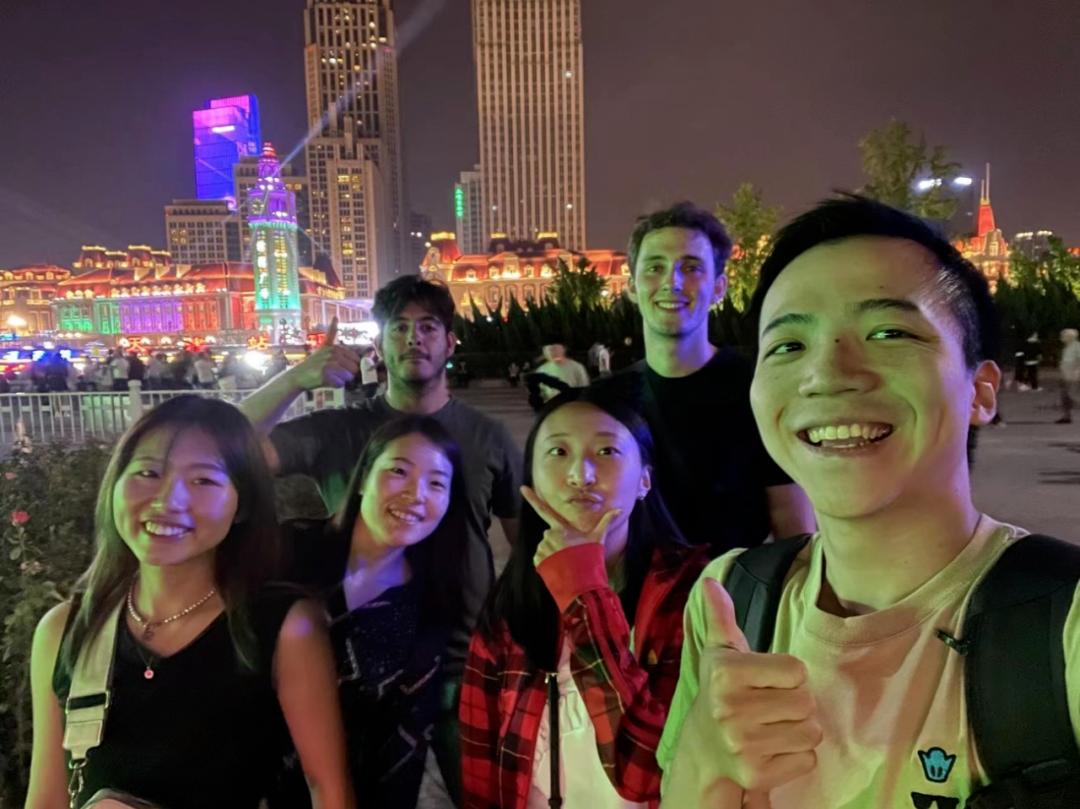
The most significant thing I attained at YCA is the resolve to constantly redefine myself, while being open to every change brought to me in a radical way; in other words, the courage not to stick to any specific form of fixed “identity” but to continuously give and welcome new answers to my existential questions. THIS realisation is all owing to my wonderful experience and every interaction, dialogue I had here. In this sense, I cannot be more grateful to all the people I was involved with including professors, staff, and friends at both Yenching Academy and Peking University.
